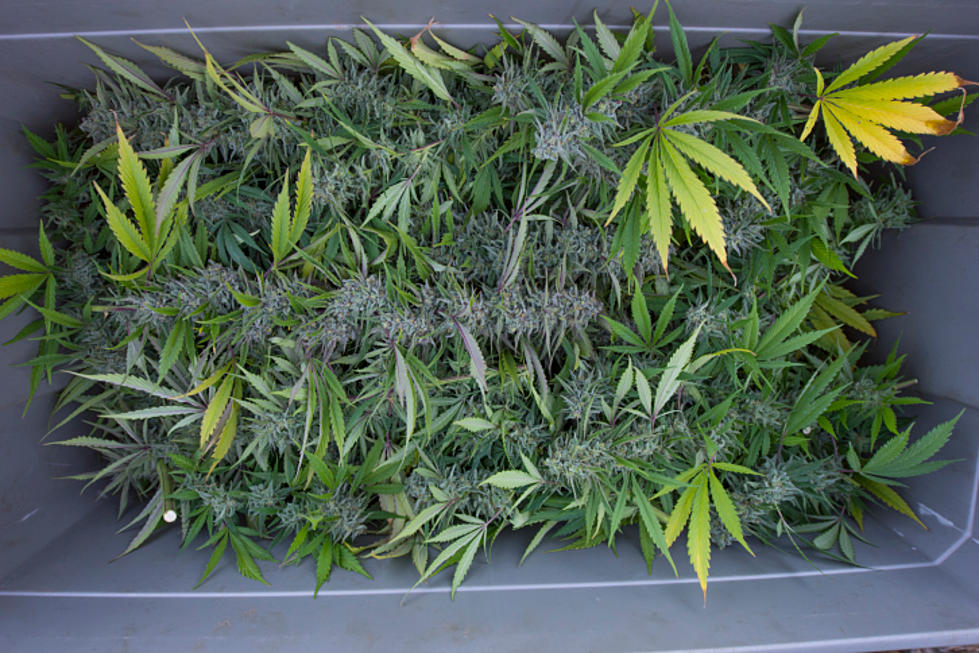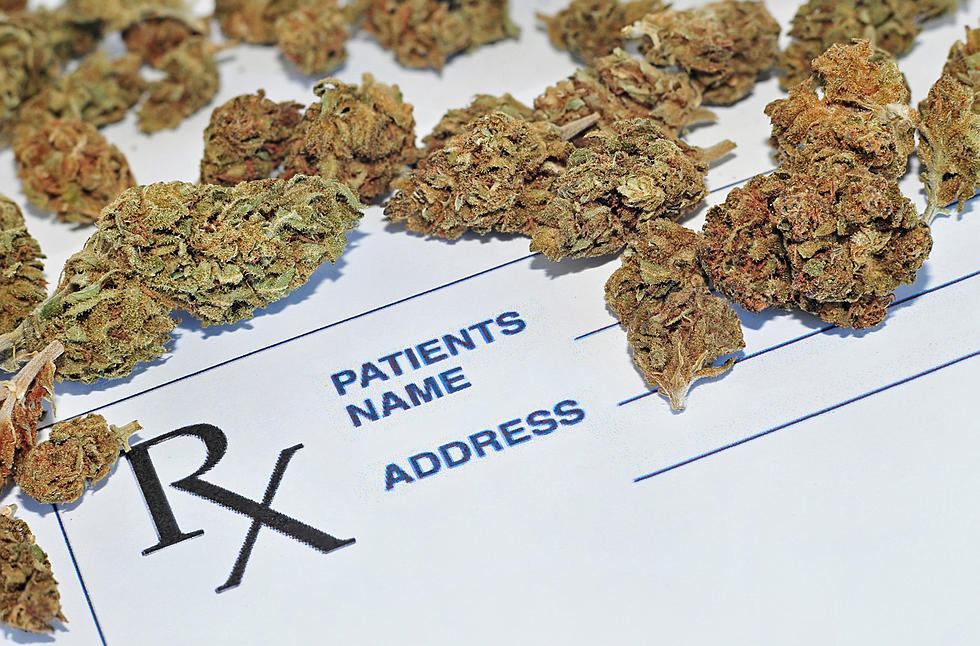
NJ towns back at square one on marijuana bans amid new state laws
Bridgewater appears poised to become the first municipality in the state to propose a fresh ban on legal weed within a town’s limits, following the state’s new marijuana laws signed on Monday.
Mayor Matthew Moench slammed the trio of legalization and decriminalization measures as “anti-child, anti-family and anti-police,” noting the lack of parental or guardian notification after a first offense by a minor.
Murphy said the laws will experience "growing pains."
“We had wholly unfair laws that dragged, literally over decades, tens if not hundreds of thousands of disproportionally young persons of color, disproportionately young males of color, into the criminal justice system. And it either derailed, delayed or permanently impaired the lives of thousands of people,” Gov. Phil Murphy said when asked on Wednesday about the loosened penalties for underage marijuana and alcohol use.
“Is it going to be perfect? Are we going to have growing pains? I bet you we are. Did we legalize weed for kids? We did not.”
Moench has announced his intent, with support of the Township Council, to introduce a new ordinance to ban the sale of recreational marijuana in town, as well as a ban on smoking marijuana in any public place, to reinstate an ordinance that the town had first put on the books in 2018.
Most of the roughly 70 municipalities statewide that adopted “anti-pot” ordinances before the November referendum did so knowing that they might have to readopt them, Michael Cerra, executive director of the New Jersey State League of Municipalities, previously said to New Jersey 101.5 in the fall.
In late 2020, the League did advise the Legislature that it would have been preferable to allow municipalities to opt in, rather than opt out, due to the cost of a public hearing process and adopting ordinances.
Instead, municipalities that want to block marijuana sales must do so within 180 days of the law's launch.
Point Pleasant Beach previously had a local marijuana ban, as well, which dated back to late 2017. On Thursday, the borough was “still in a holding pattern, while we work to fully understand the new laws,” Point Pleasant Beach Mayor Paul Kanitra said in response to New Jersey 101.5.
Brick Mayor John Ducey said the Township Council so far had made no motion to introduce a new ban on marijuana, following its now-void local ordinance.
None of the local bans on marijuana had been explicit about underage use, as until this week, those penalties had ranged from a disorderly persons offense to a fourth-degree crime for possession .
“Now, NJ will begin to end the decades-long practice of racist cannabis enforcement and repair its harms in Black + brown communities. Finally,” the American Civil Liberties Union of New Jersey said on Twitter in reaction to Monday’s passage of the laws.
ACLU NJ has said that the racial disparity in marijuana possession arrests has been wide for decades, as in 2013 alone Black residents were three times more likely to be arrested for marijuana possession than whites, despite similar usage rates.
New Jersey United for Marijuana Reform also applauded the wider reaching legislation, saying that the effort to legalize, decriminalize, and clarify youth consequences for cannabis possession and use was “a long time coming.”
The new laws call for a first offense written warning for underage use of marijuana or alcohol, which does not get shared with a parent or guardian. Subsequent offenses would result in written warnings shared with parents and guardians.
“My strong belief is we'll get to — we've gotten to a better place and we will stumble even furthermore into a far better place,” Murphy said on Wednesday, in referencing the controversial lack of penalties for underage use and possession of marijuana.
With previous reporting by Dino Flammia and David Matthau
South Jersey child porn bust
More From 94.5 PST










